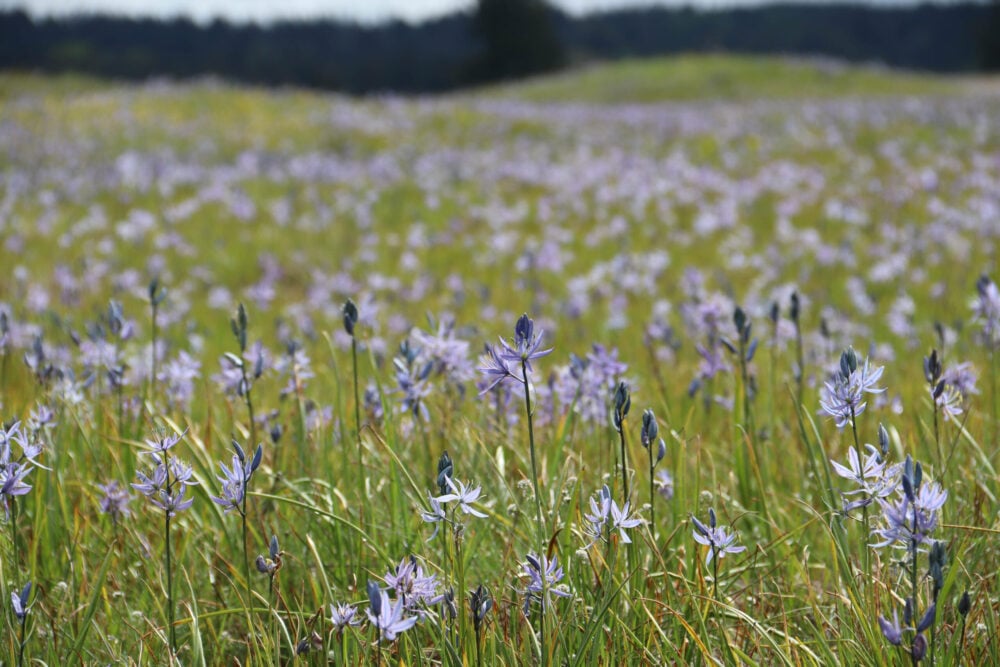

Contributor
 “The greatest injustice of our time may be the eradication of native ecosystems, the erasure of entire life forms, and the capacity of one species to ignore those injustices.” – Benjamin Vogt
“The greatest injustice of our time may be the eradication of native ecosystems, the erasure of entire life forms, and the capacity of one species to ignore those injustices.” – Benjamin Vogt
This book is a wake up call from complacency. Whether we are conscious of it or not, we have been asleep at the gardening wheel. Vogt’s message exhorts us to make the change to a purely native palette by digging into the psychology, sociology, and theology behind our reasoning for the plants we choose, or don’t choose.
A New Garden Ethic questions the root reasons of why we garden and for whom do we garden. Vogt believes that collectively we are experiencing a deep grief that makes it difficult for us to make positive changes and adopt this new garden ethic. The irreversible loss of pristine ecosystems, the death and mass extinction of unique creatures, and a burning out of our once intimate relationship with nature, define the mental suffering we are experiencing in the Anthropocene age of human impact. He goes on to describe the stages of grief, and how those stages are reflected in the rationale that we give when defending our choices to plant non-native species.
Vogt contests the excuses that we give to feel dignified that the non-native gardens we have created are doing good. He skillfully formulates a thesis that Speciesism is the underlying problem with the current garden ethic. “We are colonizers who replace the culture of the oppressed with the culture of the oppressor, whether that’s through our plant choices or in how we arrange those plants.”
This book’s message is universal: there is a greater purpose in designing gardens and landscapes that goes beyond the whims and desires of our clients or even our own artistic vision. And this message applies to all regions. Vogt is ardent in his belief that gardens are not Art. They are a place for us to defy the environmental destruction all around us, challenge the social norms in landscaping, and create a place for people to deeply reconnect to nature.
The planet needs us to act. We need to act. Time is up.
“If you believe in climate change, if you believe in extinction, if you believe we have a direct and powerful hand in eroding life, you know you must speak up, too—as you know your action must follow that powerful voice.”
Jacky Surber, www.urbafloria, Los Angeles, California
Share:
Social Media
Garden Futurist Podcast
Most Popular
Videos
Topics
Related Posts
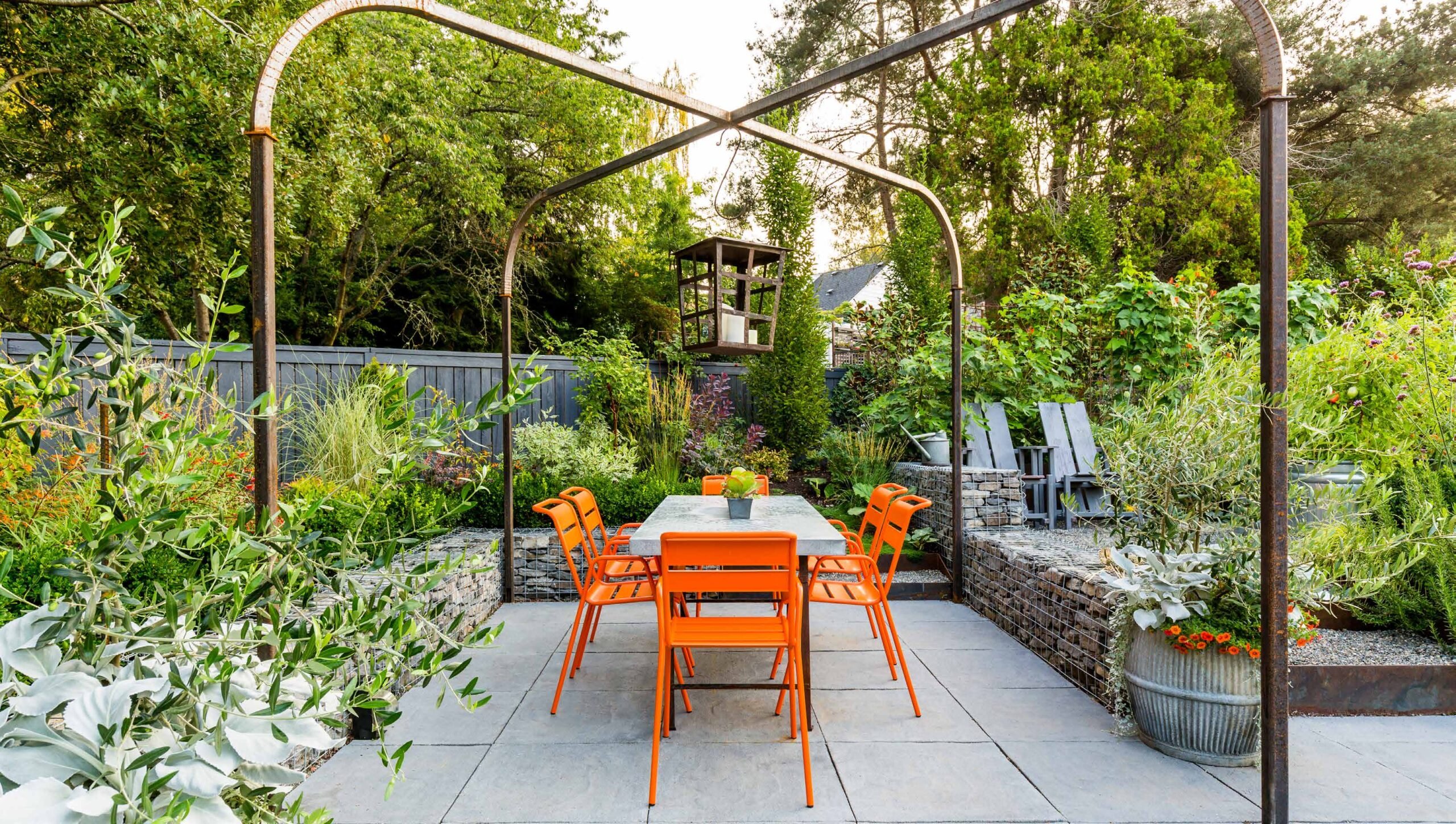
Design Futurist Award Announced: Committee Shares Vision
March 8, 2023 At Pacific Horticulture, we believe that beauty can be defined not only by gorgeous plants and design, but also by how gardens
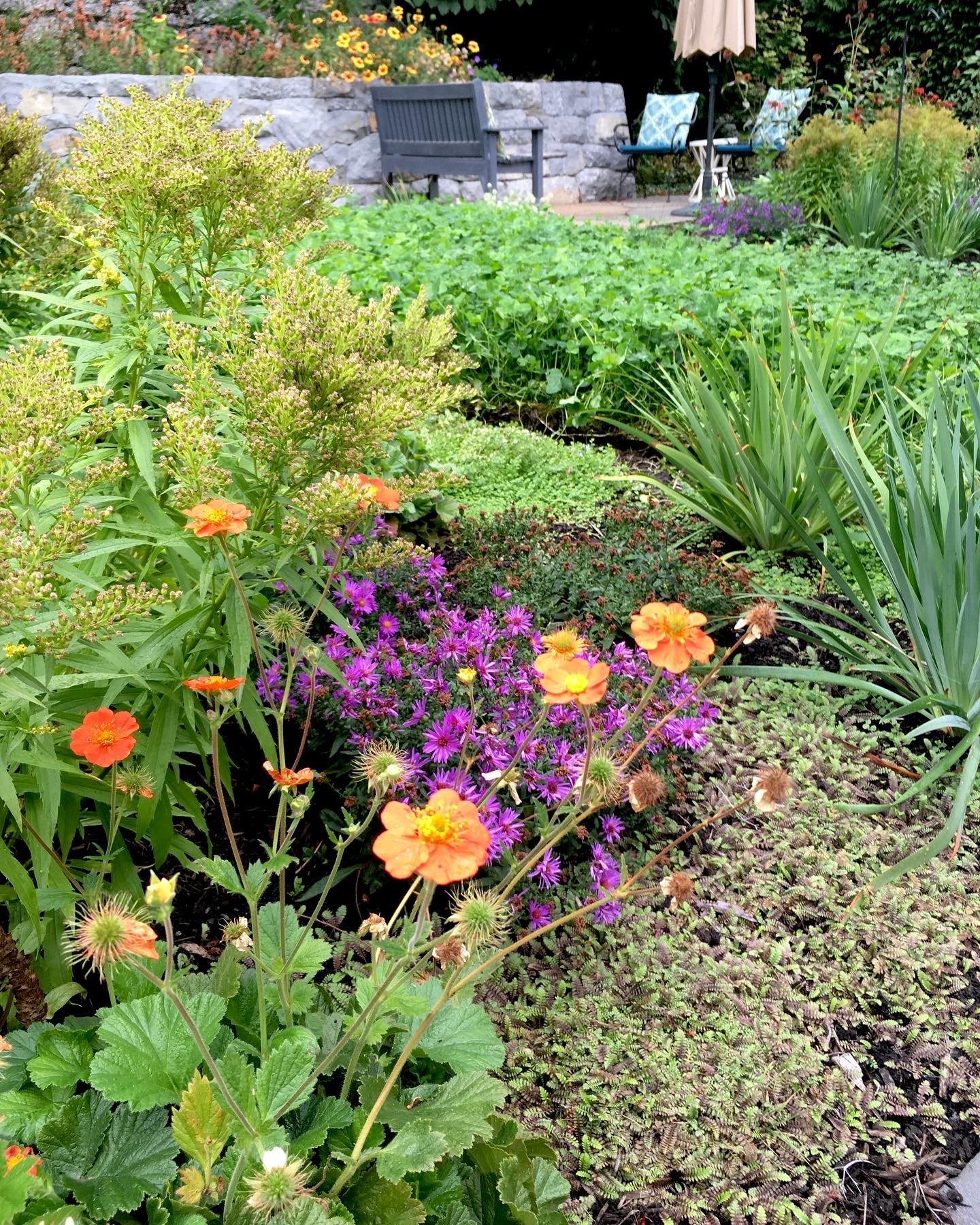
Nature Therapy from the Contemplative Garden
Winter 2022 Women’s hushed morning voices mingled with crashing waves and chattering crows. “The kettle’s still hot.” “Can you pass the honey?” Whoosh, crash, caw,

Portland Parks’ “Nature Patches”
Winter 2022 Nature is so beautiful when left to its own devices, yet crisply manicured lawns remain a status symbol. This is true in Portland,
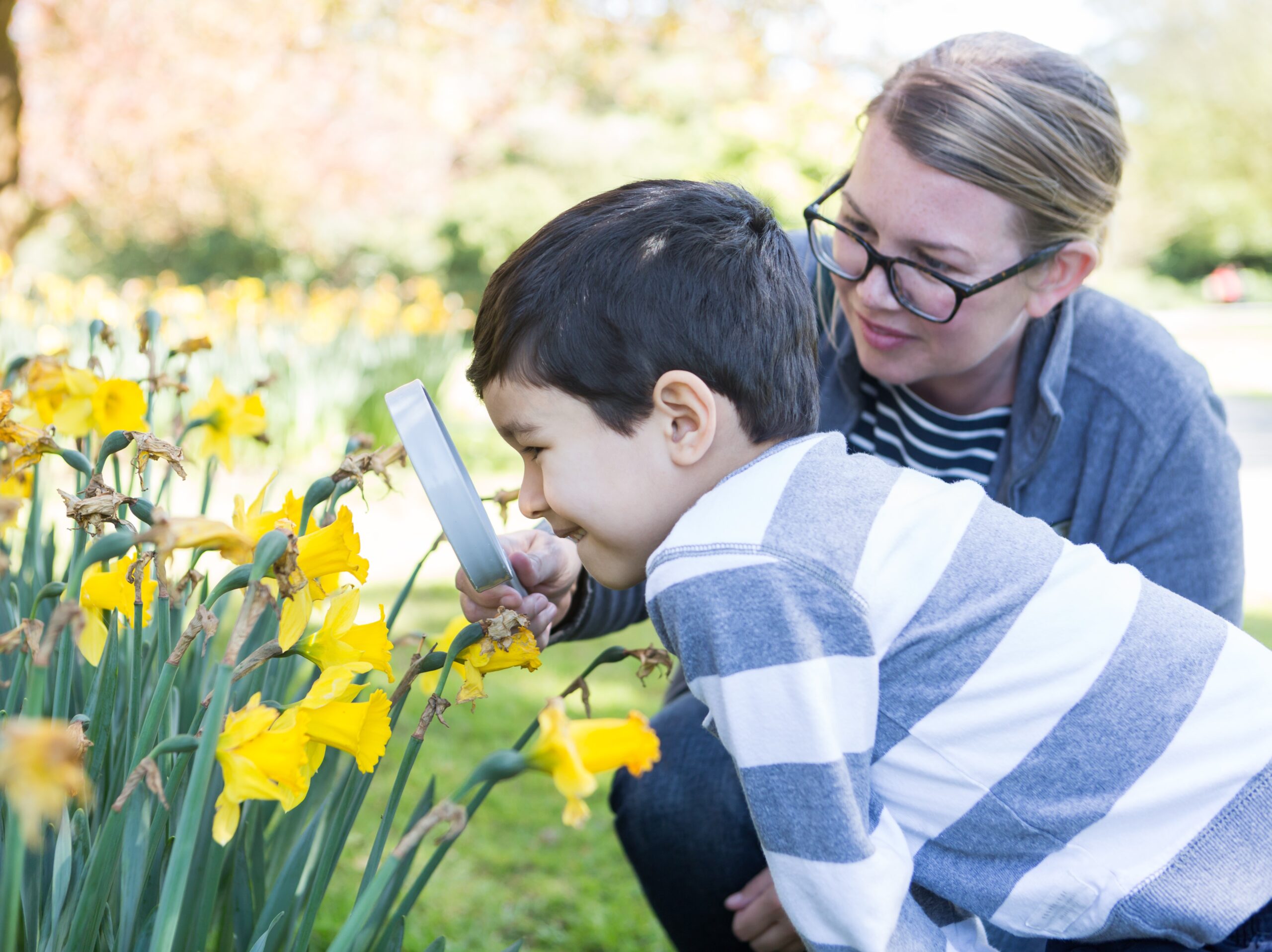
January Showers Bring February flowers…
Fall 2022 It may not quite have the same ring to it as the old English proverb, but it has a lot more truth to




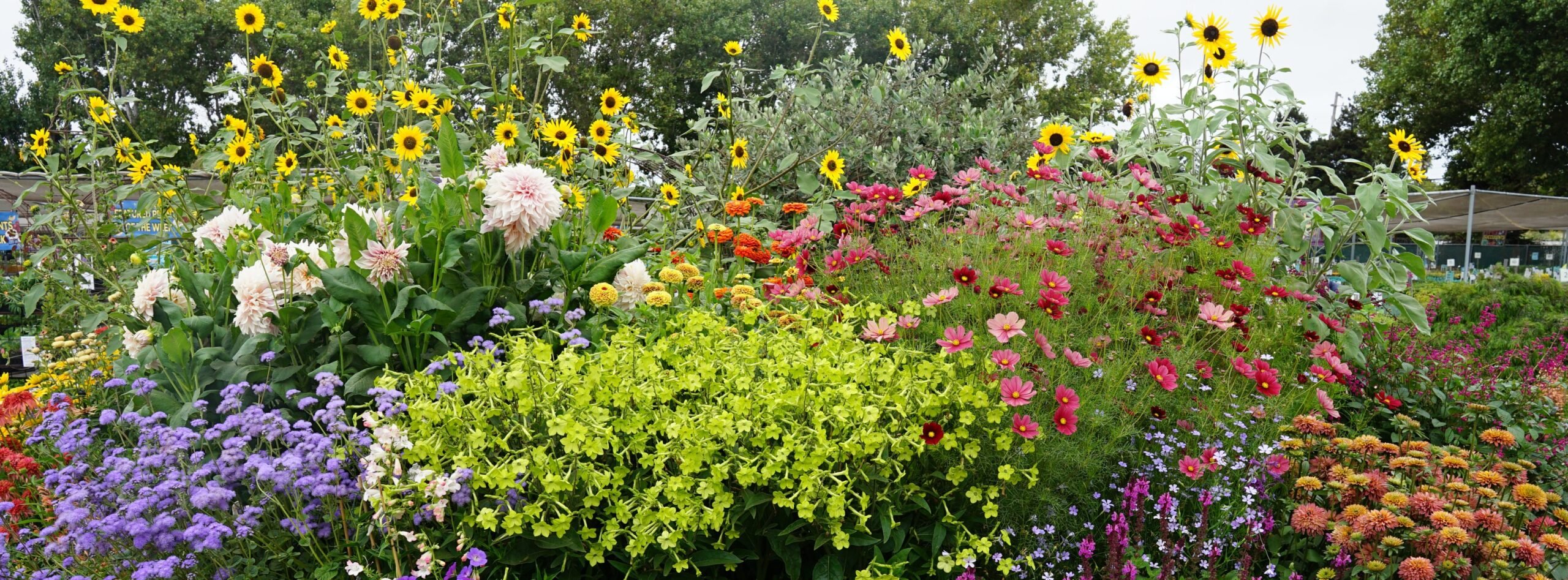




Responses